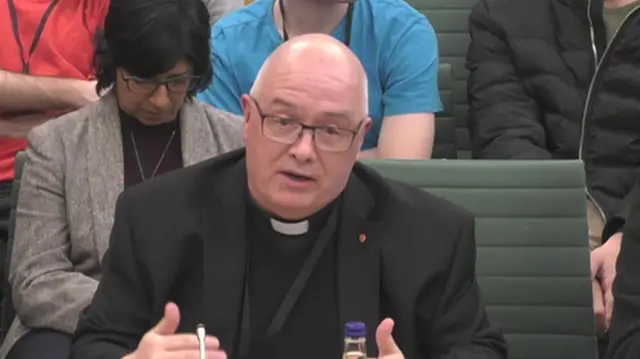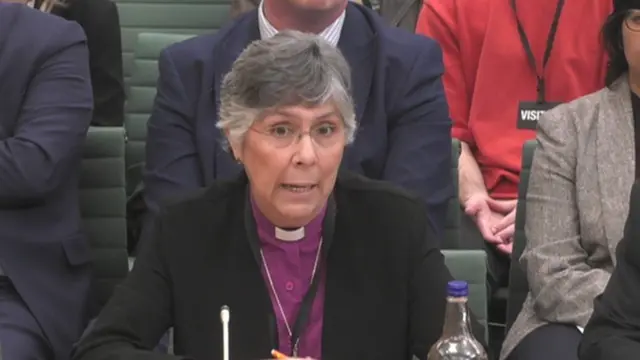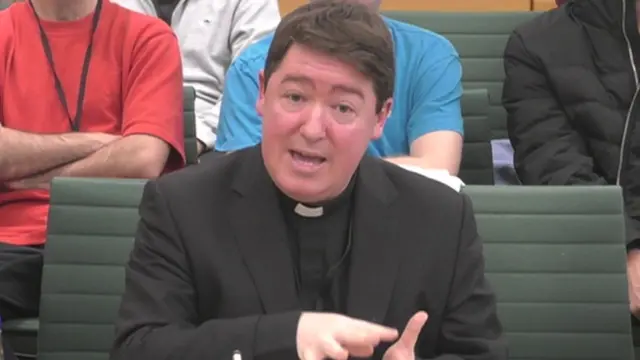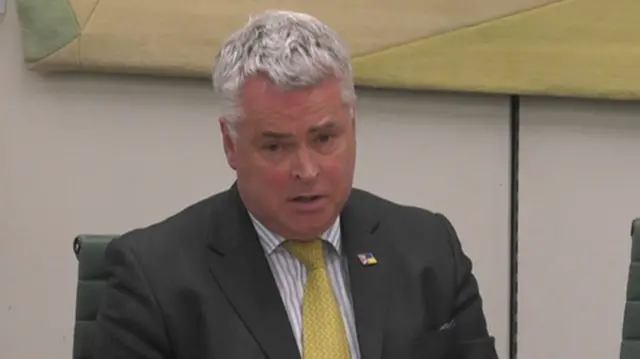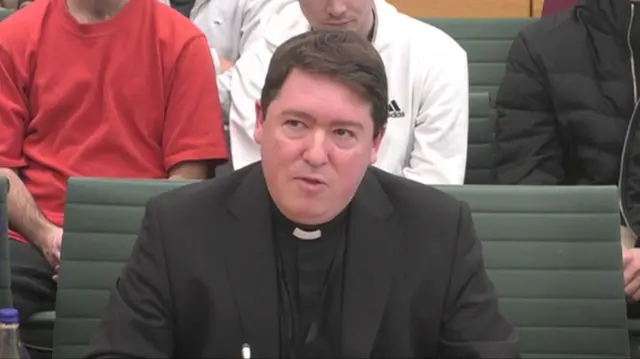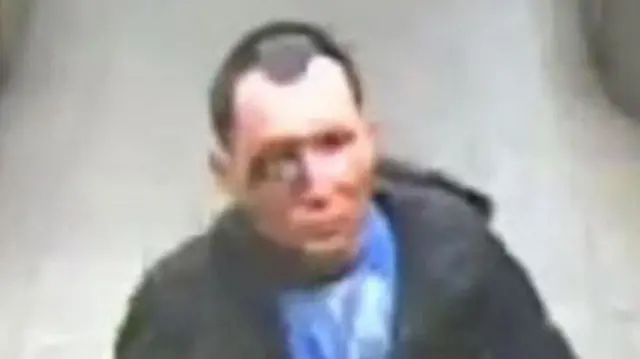People must give 'personal testimonies' of faithpublished at 11:11 GMT 12 March 2024
The Bishop of Chelmsford goes on to explain that the process of baptism varies.
"Many of them [applicants] will have been already on their journey of faith to find personal response to Christian conversion," she explains.
